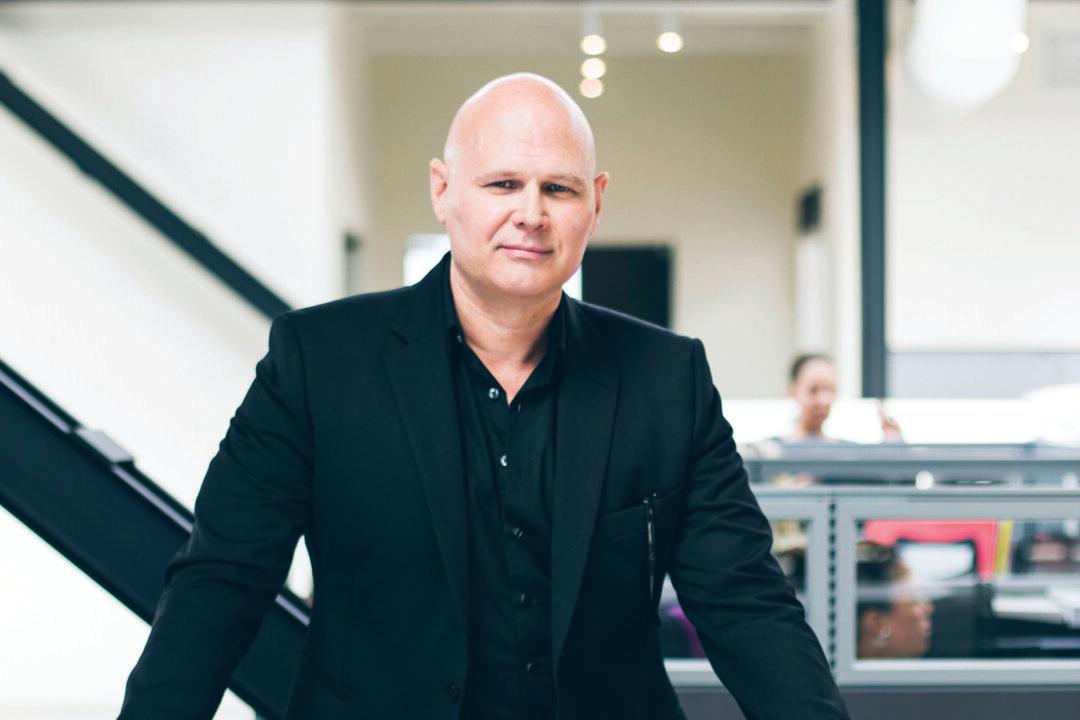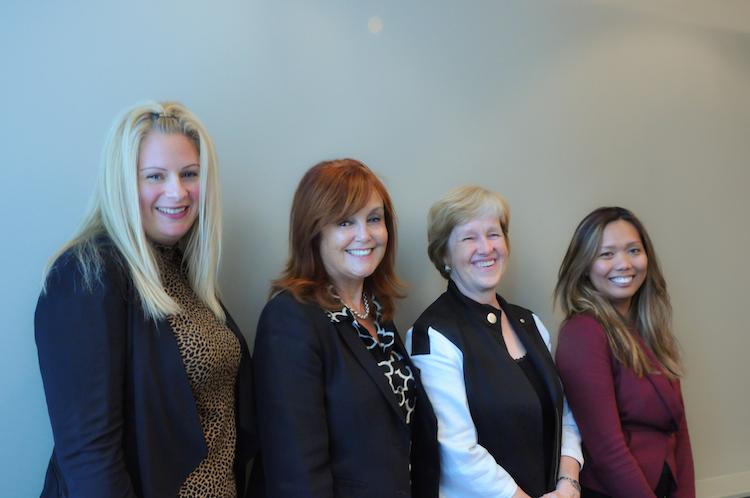Brad J. Lamb is an unapologetic capitalist. He’s a media darling, as much for his obvious expertise as for his provocative and controversial opinions.
Most real estate developers in Canada are family-owned and now run by the second- and third-generation of wealthy children whose trailblazing ancestor was a hard-working immigrant with a rags-to-riches story.
Lamb is not that guy. His family is admittedly upper middle class. His ambition is as towering as his six-foot-five frame—a privileged white guy who took his education and fairly affluent background and is now busy drawing up his plans for office space in the halls of the 1 percent. And he’s not apologizing for any of it.
“My father grew up dirt poor in Saskatchewan,” said Lamb. But his dad was very thrifty. They lived in a modest suburban home in Vancouver. Lamb didn’t realize his family was actually well-off until he got older.
And Lamb is thrifty too. Yes, he is well known for driving a Rolls Royce and owns a few nice cars, but he assures us that, though he could live in a home worth $10 million, he lives in a modest $1.5 million condo instead.
So where do all the many condo millions Lamb has accumulated end up? “I probably channel ninety percent of my earnings back into my businesses and investments.”
And that habit has been the cornerstone of his success. He has the nerve to take all his chips and put them on 19—and has the good fortune that 19 keeps paying off.
Far be it from me to make it sound easier than it was. Very few people would be willing to handle not only Lamb’s workload, but the amount of risk associated with climbing so far, so fast.
Toronto’s condominium potential
Brad Lamb was an early adapter. He saw the potential in Toronto’s condominium market long before most people. “I knew that was the future of housing,” he says. He was attracted by the efficiency of the housing model, of how easy it was to hop from building to building to show units.
He set himself up as “the condo guy,” putting up massive billboards downtown with the slogan “This Lamb Sells Condos.” He was incredibly successful—one of North America’s top-selling agents. He spun his success as an individual agent into Brad J. Lamb Realty, assembling a crack sales team.
In 2001 he began co-developing condos as well, partnering on several boutique downtown condos in Toronto, one in Ottawa, and one in Montreal.
He amassed enough money after the first seven joint projects to go it alone by 2006.
And then the Toronto Condo boom began. He became the media’s go-to condo correspondent. “They wanted someone in the industry to talk about it (condos). There weren’t many—from the start I was one of the few,” he says.
Eventually he was offered his own reality TV show, “Big City Broker.” An articulate and bold speaker, his provocative style was an immediate hit. He made 39 episodes of the show that ran from 2007-2009.
“To be so well known is hard to do,” he says and that’s certainly true. Lamb became a household name without a publicist, and without planning it.
Though Lamb’s pretty sure the TV show didn’t result in increased sales, it did make him a household name. Even the bankers who finance real estate development know him now—and that’s invaluable for a man ready to make even bigger moves.
Going solo
After his first five joint projects he went solo, developing Glas condos on King West alone. Lamb realized the developers who used his brokerage would now see him as competition.
“I realized I had to expand quickly, so I went off and I started five projects on top of the Glas project in 2008,” he says. Yes, the year the global economy crashed he was juggling six buildings and a very real risk of financial ruin.
“I hit a wall,” he says.
He did more than scrape by. The 3,000 apartments he has sold since 2007 came to completion and closed in 2008-2009. “I had a flow of tens of million of dollars in commissions coming in.” That, and the speedy sale of some of his existing real estate, allowed him to survive.
“It was foolish,” Lamb admits. “It was a massive risk. It worked. I don’t think I would do it again, but we got through it and prospered.”
By the time everything Lamb’s got going is finished, he will have developed $2.2 billion in real estate. So what does he want to do now?
He’d like to dabble in film and try out the hotel business, but what’s Lamb’s first order of business?
“I want more control—financial control, creative control, power.” I know what you’re thinking, “Really Brad?” But hear him out.
“Every time I go to build a building I have to borrow $50 million. I have to sell my soul to get it,” he says. He needs to put everything he’s got into financing his projects, unlike larger, more established development corporations.
Still seen as a new kid on the block, he’s not getting the interest rates of the bigger fish. With every project, Lamb puts the four or five big companies he now owns on the line. “It’s a very, very risky business,” he says.
Somehow, I don’t think Lamb is likely to become risk-averse now. And somehow, I think he’ll land on his feet.




